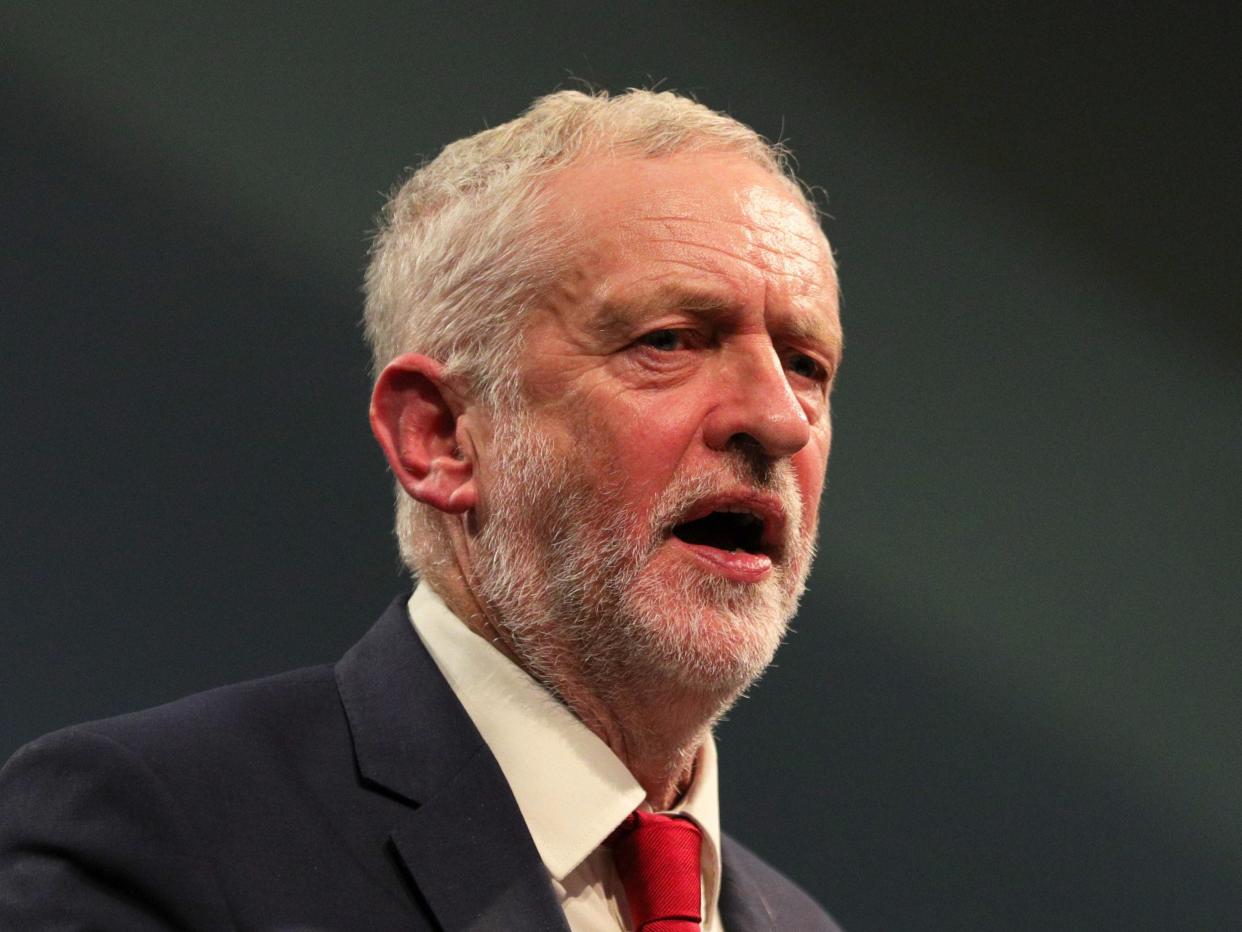Corbyn may have done nothing wrong – but he does need to explain his actions

Was Jeremy Corbyn a spy for the Soviet Union and its allies in the 1980s?
Well, without sounding too much like a character in a John le Carré novel, it rather depends on what you mean by “spy”. If “spy” is defined as passing classified or even useful intelligence to foreign power, then it is unlikely that Mr Corbyn, a career backbencher, and marginalised even within his own party, had much useful information to impart to what might be grandly called his “spymasters”. He might have been able to pass on some tittle-tattle, the sort of medium-level gossip that any decent lobby journalist would know: but as to when the US was due to deploy cruise missiles at Greenham Common, say, or the codes to launch Polaris, the West’s secrets were probably pretty safe. If the Russians really wanted to know who was likely to get elected to the Home Affairs sub-committee of Labour’s NEC, they might as well have read Tribune, Socialist Worker or Militant.
On the other hand, there are still some questions about Mr Corbyn’s “contacts” with these figures. Virtually any official attached to the embassies of the Soviet Union or the old Czechoslovak Socialist Republic could be counted to be either an actual intelligence agent, or an informal one always on the lookout for scraps, and Mr Corbyn cannot have been so unworldly as not to realise that basic fact. What was he doing hanging out with them?
There is important context that seems to have been neglected in this “affair”, and oddly not raised by Mr Corbyn, because it could explain a good deal. While being no enthusiast for the Czechoslovak or Russian regimes – effectively Stalinist rather than the supposedly cuddlier Trotskyist version of communism some misguided souls favour – the reality was that in the middle 1980s the Soviet bloc still seemed here to stay, and there was a perfectly responsible thread of opinion in favour of détente with the communist world. Richard Nixon and Henry Kissinger, no less, were earlier pioneers of that policy, and the likes of Denis Healey and Neil Kinnock were not that far away from Mr Corbyn’s attitude of “engagement” and British nuclear disarmament. British Tory minsters were happy to meet their Soviet counterparts, and Margaret Thatcher believed Mikhail Gorbachev, General Secretary of the Communist Party of the Soviet Union, was a man she could do business with.
So when Mr Corbyn first found himself bumping into envoys at drinks receptions it wasn’t such an outlandish sight, and all concerned knew the pretences they were going through: the Russian spies would pretend to be diplomats, and the minor MPs, of all parties, and the odd journalist would pretend they were all jolly important. The point is that it was commonplace on the European left in the 1980s to believe that the West should deal with, and co-exist with, the Soviet bloc rather than threaten the “Evil Empire” with thermonuclear annihilation; indeed similar fraternal feelings towards fellow travelling Cuba and Venezuela exist to this day. No one would be surprised if Prime Minister Corbyn chose to make an official visit to these socialist paradises soon after taking office. Mr Corbyn, after all, hasn’t changed his views since about 1973.
So if Mr Corbyn is guilty of anything it is not espionage, not even naivety or ignorance. Even as a new MP in 1983 he was no ingénue in the world of politics, and knew full well about the realities of the Eastern bloc. He was, as with Cuba and Venezuela today, and the likes of Hamas and the IRA, too willing to go out on a limb for some vague notion of “peace” and internationalism, and too complacent about the human rights abuses that were perpetrated by these governments against their own peoples day after day, year after year, decade after decade. East and West Germany, for example, were not morally equivalent states, as some of the left supposed. Socialist Poland, Romania and Bulgaria were not free nations, and were not viable alternatives to the European Union as partners for Britain (as was sometimes seriously contended in the 1970s by some on the left).
In fact there are well-documented cases of a small number in a previous generation of Labour MPs, including some who served in government, who were well-paid agents passing useful material about government in the 1960s – the ill-fated and strange John Stonehouse was an outstanding example.
Mr Corbyn is not, and was not, a spy, and he held an honest belief that the job of a Labour MP was to make friends and engage in dialogue with any kind of Eastern bloc “diplomat” who was prepared to treat him to a glass of Bull’s Blood and a dish of borscht. Sifting the dossier, it all points to Mr Corbyn being a bit of a lefty: that is not classified information, and hardly ranks as a scandal. He should, though, try and make a better job of remembering what happened, and explaining why, all those years ago.

 Yahoo News
Yahoo News 
